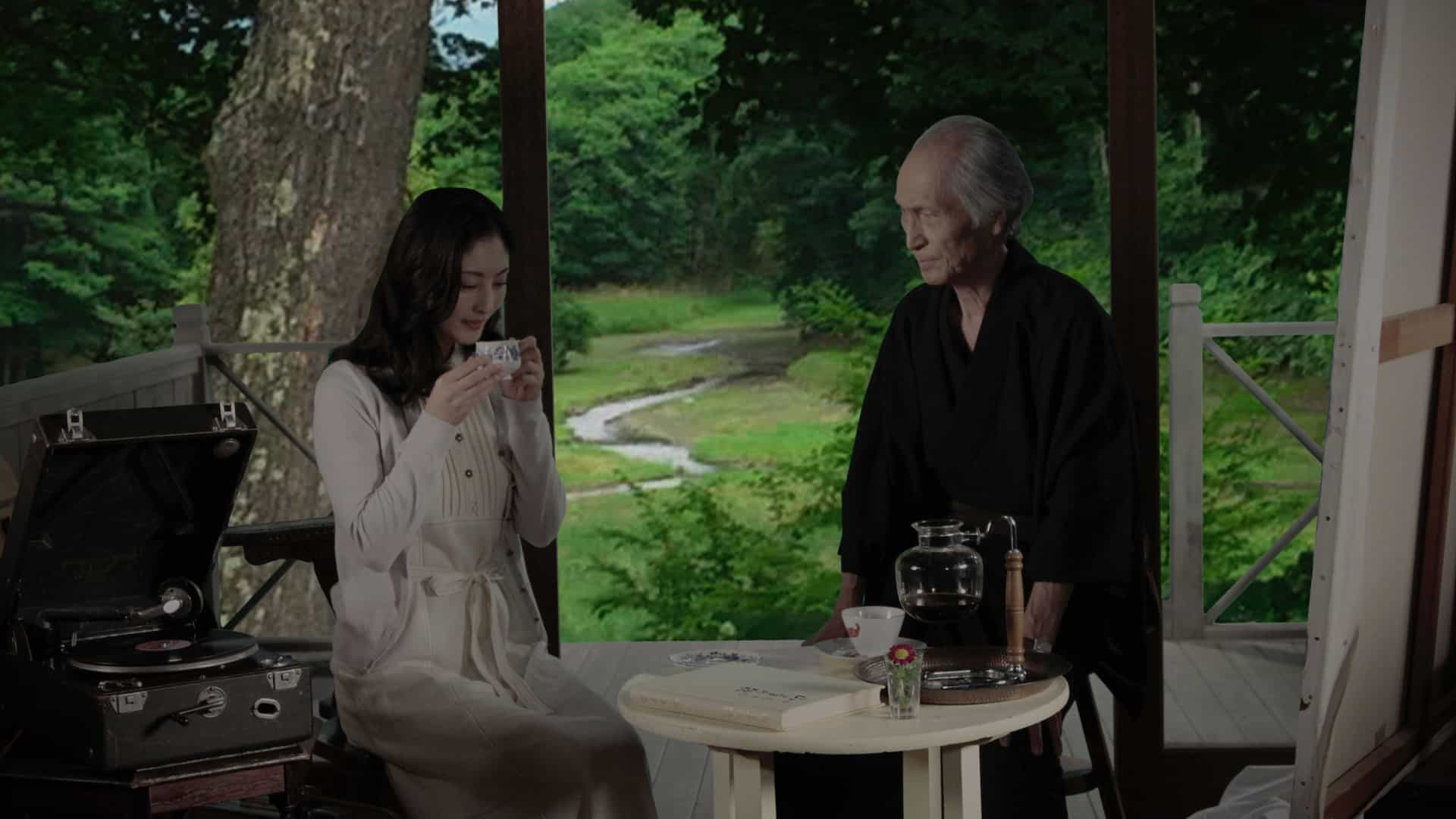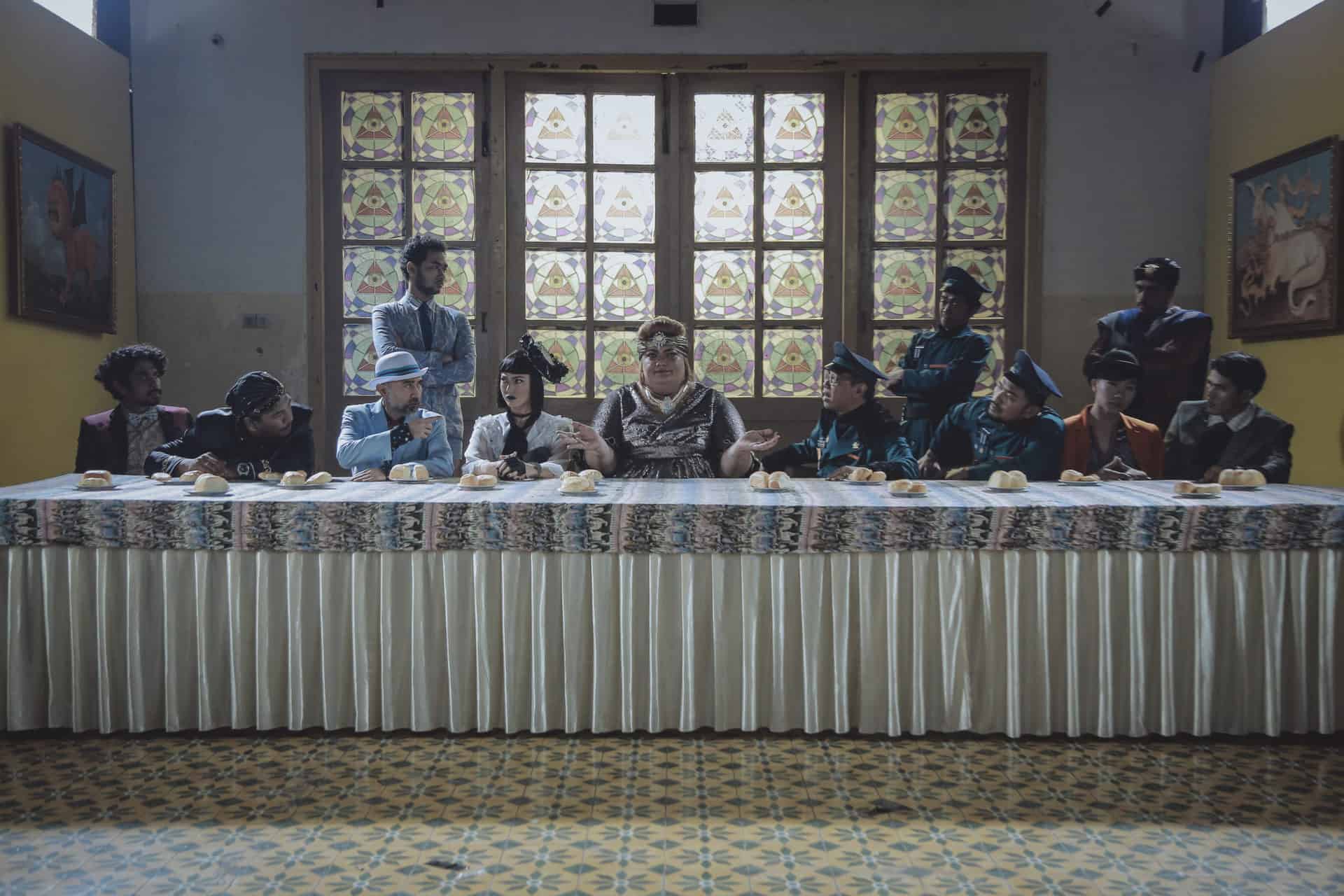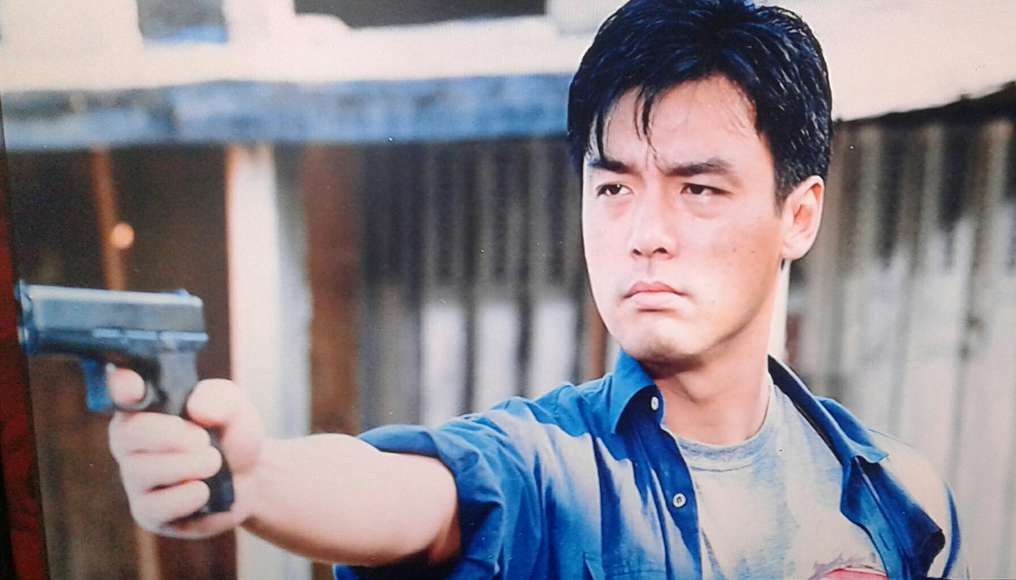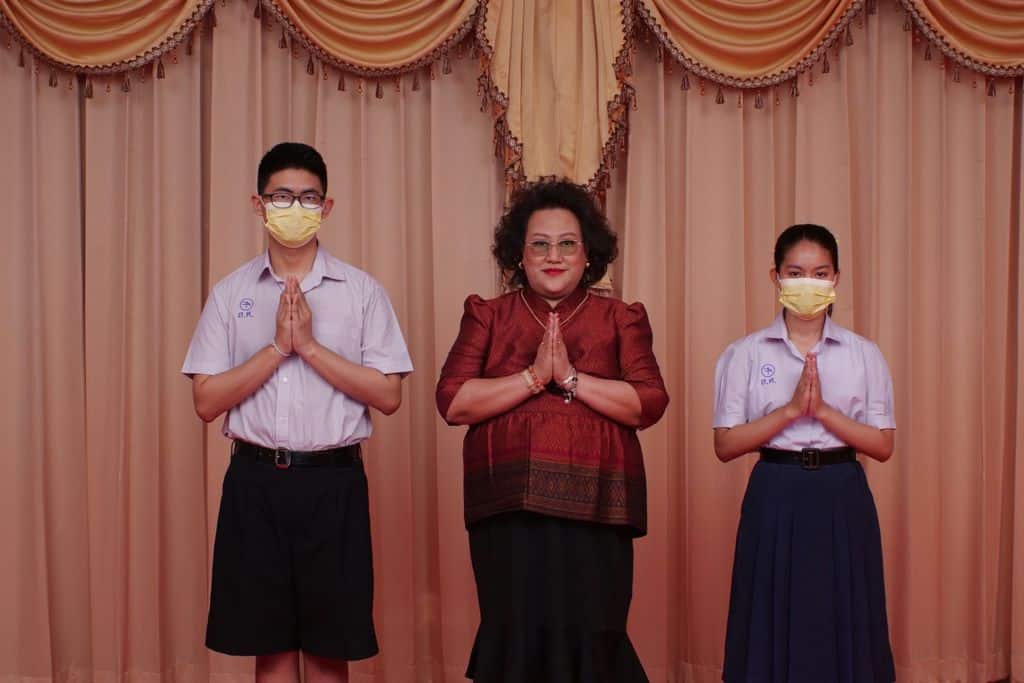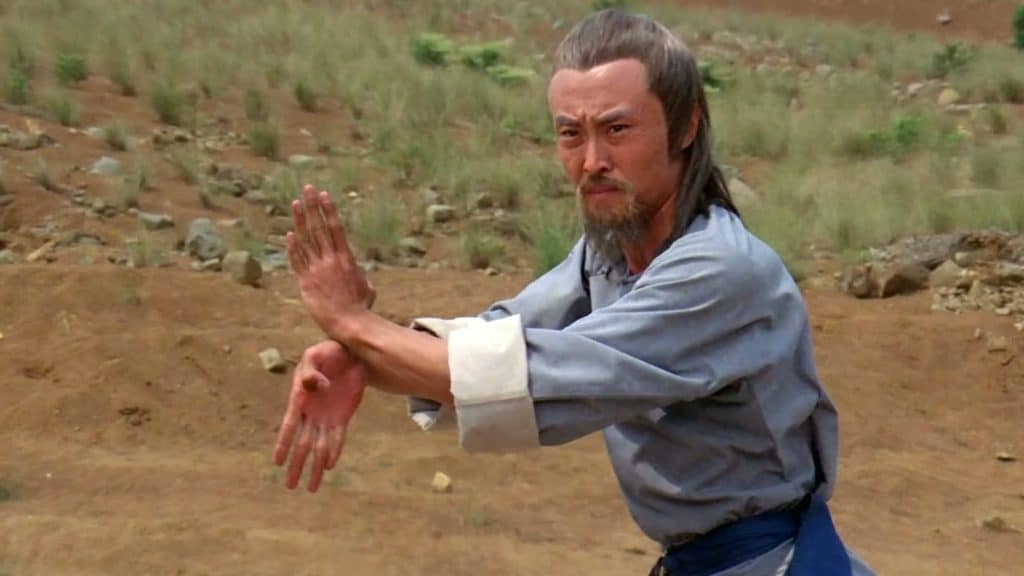It is always a pleasure to watch a filmmaker experimenting and succeeding with his fresh ideas, and that is exactly what Wei Renai Yongyao does in his feature debut, a Chinese/Malaysian co-production that seems to have combined the best from the Chinese realism and Malaysian magical realism, with Tan Chui Mui, who produced the movie, probably have something to do with the latter.
The Wind Will Say is screening at Busan International Film Festival

Chen, a middle-aged journalist who has remarried after divorce, is about to pick up his daughter Icy, who is back from the UK with her boyfriend, Yong, a Taiwanese experimental musician, in order to take them to his ex-wife's apartment. However, what he receives is not exactly as expected, since the girl has lost her luggage on the bus, and Yong ended up getting beaten by the bus driver when he protested about the deed. Chen tries to give a solution to the whole issue, but the system does not seem to be particularly helpful, while his efforts to connect with Yong do not exactly go as planned. Furthermore, he realizes that his ex-wife now has a boyfriend, while his situation in his job is not exactly ideal. His answer to what is happening is to find the suitcase no matter what, although his search brings him down much more dangerous paths than he anticipated.
Wei Renai Yongyao directs a movie that thrives on a number of levels. The first one, although not exactly the most evident one, is a permeating sense of ironic, deadpan humor, which is mostly revealed through what is happening in all aspects of Chen's life, and from some minor scenes here and there, frequently bordering on surrealism. Particularly the fact that he cannot get a break no matter what he does, becomes hilariously tragicomical after a fashion, with his interactions with Yong, his boss, the “sex” with his wife, and most of all, the final scene, cementing this element in the best fashion. This aspect also benefits the most by Lee Kang-sheng's acting, whose overall demeanor through all the simple and more extreme things that happen to him is a true pleasure to watch, with his reaction in one of the twists of the movie being probably the most memorable scene here.
The second one is the overall pessimism that also permeates the movie, and is actually connected with the first element, with Wei portraying what seems to be the end of the institution of family, as the people comprising ones seem to not understand or care for each other anymore.
The third one is the genre-bending approach Wei implements, with the movie starting like an indie family drama with intense social commentary, before becoming a crime movie that eventually turns into a thriller, all the while retaining the aforementioned comedic approach. There are moments when this delicate balance skips the filmmaker's hands, also in terms of how the story unfolds, but in general, the result is excellent, even more so when one considers that this is just his first feature.
The fourth one is the way Wei has implemented music in the narrative, an aspect which becomes more intense as the movie changes genders, in a way that allows a number of scenes to look like music videos, but, at the same time, in a fashion that is organic for the narrative, and does not look as some effort to impress the audience. Deng Ningning's mostly electronic score helps the most in that regard, with the same applying to Qin Yanan's editing, which is also a key element in the magical realism aspect here. Lastly, Xu Yingjie's cinematography captures the various claustrophobic settings (bus, apartment, narrow streets, locker rooms) with artistry, concluding the audiovisual prowess here which finds its apogee in the extended sequence featuring a remix of “In the Air Tonight” by Phil Collins.
“The Wind Will Say” is an excellent film, one of the few original titles that also make their experimentations work, and a testament to what seems to be a bright future for Wei Renai Yongyao.




